The last two decades have been referred to by many fans of entertainment as the Golden Age of Television. For years there was a noticeable distinction in both technical marvel and overall quality between the silver screen and the small screen. But since the early 2000s, that line began to diminish and TV series began to look and feel cinematic. And it all began back in 1999, when HBO debuted its new series The Sopranos; introducing the world to a type of show it had never seen before.
A Different Kind of Protagonist
Anti-heroes were certainly nothing new at the time, but none were quite so prominent or likable as Tony Soprano. The first episode introduced us to an emotionally complex and morally gray mafia boss. His passing out at the barbecue and subsequent therapy sessions proved that something wasn’t quite content in Tony’s life. As the theme song suggested, he had been born under a bad sign and this life of crime was all he had ever known. Despite the fact that he was committing crimes, audiences quickly sympathized with Tony because of this very human aspect of him.
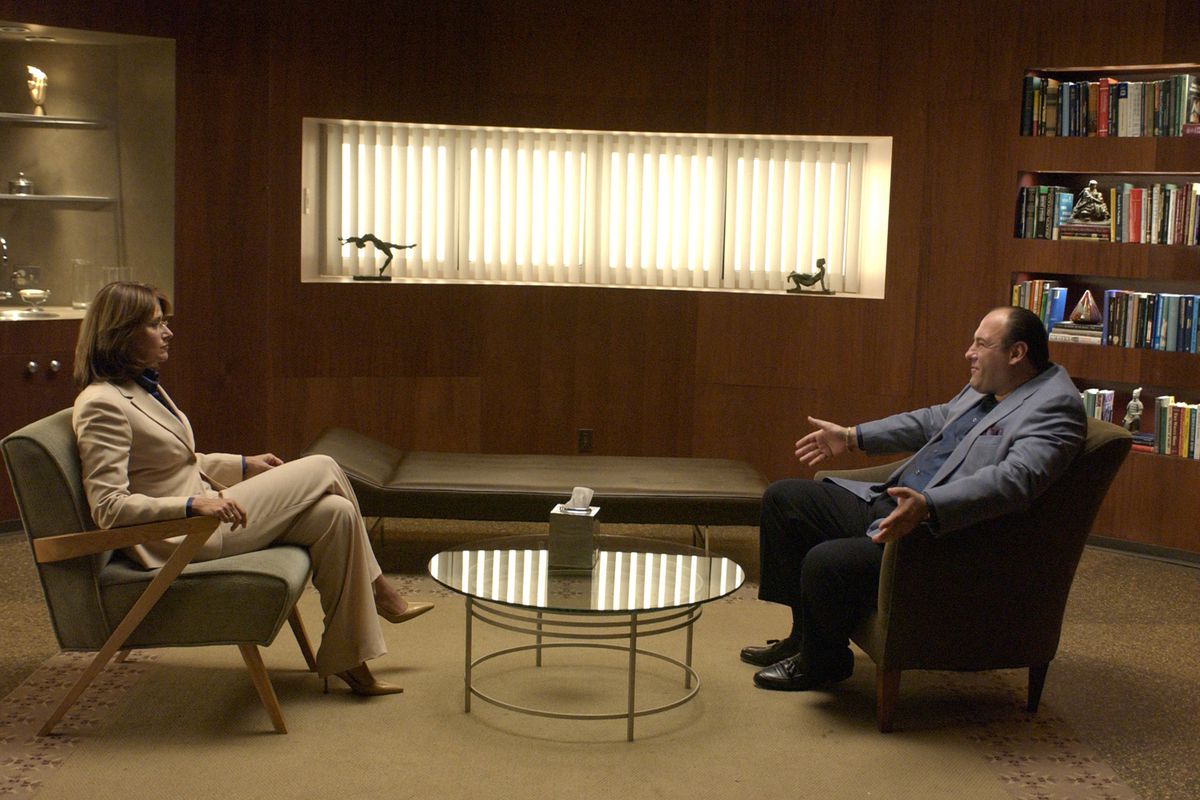
Time and time again, Tony walked the fine line between loving family man and violent criminal. This was especially apparent than in the Season 1 episode “College.” Considered by many to be one of the greatest episodes of the series, it deals with Tony taking his daughter Meadow to visit a college in Maine, when he spots a former criminal associate turned informant who went into Witness Protection. We see Tony bonding with his daughter Meadow, and even opening up about (some of) his illegal activities when she asks him point blank.
It seems that he’s very concerned with ensuring his daughter doesn’t see him as a monster. But at the same time he feels compelled to kill the informant, which of course he does. The episode perfectly encapsulates the struggle between his two worlds, which is part of what made him such a compelling character in the first place. If he had just been a sociopathic mafia hitman, no one would have liked him. But it was his yearning for redemption that won audiences over.
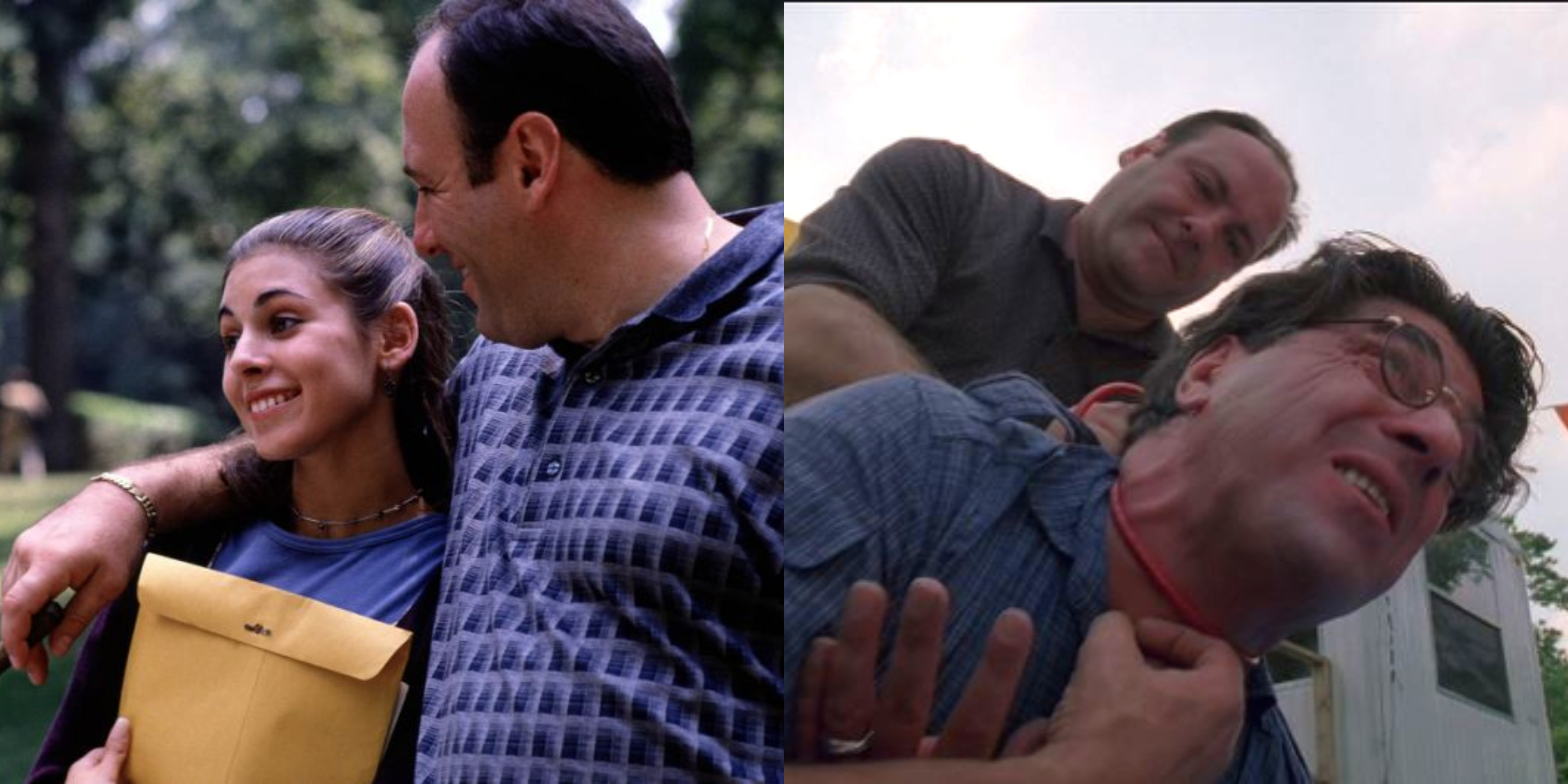
Inspiring Other Series
In the wake of The Sopranos‘ extreme popularity, other TV antiheroes began to emerge, launching what would become the Golden Age of Television: Mad Men, Breaking Bad, Dexter, Sons of Anarchy, Boardwalk Empire, Deadwood, Orange is the New Black, Luther, Better Call Saul, and so many other modern classics!
Gone were the days of cheesy, surreal TV storylines that dominated the 70s, 80s, and 90s. They were replaced by an era of complex characters, bleak, gritty, and realistic storylines, as well as morally gray protagonists. Breaking Bad creator Vince Gilligan even remarked that Walter White’s journey was meant to mirror that of Tony Soprano. Tony had been born into the life of organized crime and sought to move away from that darkness towards light and redemption. Walter, on the other hand, started as a mild-mannered law-abiding civilian. He willingly moved towards crime and evil, something which Gilligan found far more disturbing.
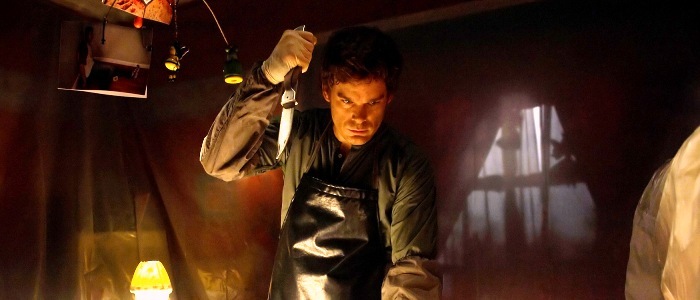
An Ambiguous Legacy
The series finale “Made in America” remains one of the most infamous and hotly debated TV series endings in modern history. Creator and showrunner David Chase has intentionally been quite vague about whether or not Tony died in the final scene, despite overwhelming symbolic evidence suggesting he did. But maybe that was always the point. In a series that had always subverted expectations and favored realistic depictions of mafia life rather than glamorized versions of films past, cutting to black when the audience was expecting something huge was the best way to end it.
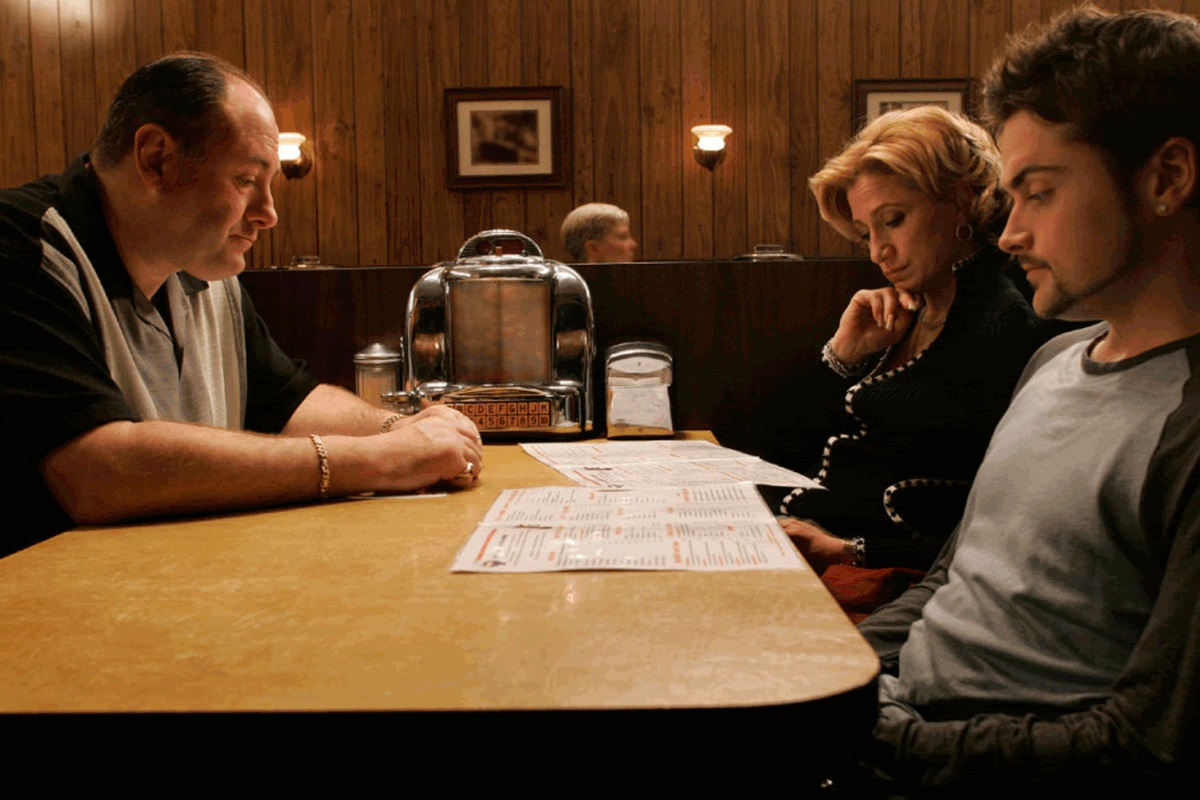
The ending was never really about whether Tony lived or died; instead, it was just about experiencing his life during the years we saw. It’s a sentiment that’s been mimicked in series finales like ER, where the hospital just sort of keeps on going. And the huge ambiguity behind it also helped inspire finales like that of Lost, something fans still don’t quite understand nearly a decade later.
The Next Chapter
Despite the ending not giving fans the answers they necessarily wanted, it definitely won’t be the last we see of Tony Soprano. New Line has already announced plans to make a prequel film starring James Gandolfini’s son Michael to play the younger version of Tony. Not much is known at this point, other than it is supposedly set during the Newark Riots of 1967. While it will be interesting to see a young Tony coming into his own, prequels are very much hit or miss. It’s usually difficult for them to justify their own existence and aside from Better Call Saul, most have fallen quite short of their predecessor. But only time will tell.
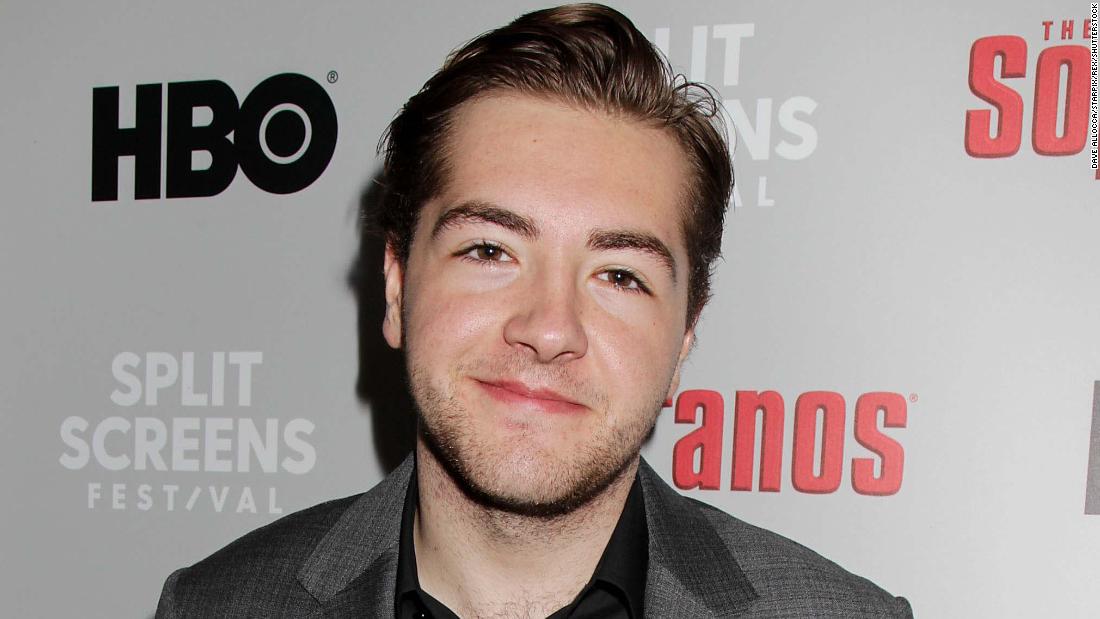
The very fact that there’s fan demand for a prequel however, only demonstrates the immense staying power The Sopranos has had. And now with streaming platforms like Netflix, Hulu, and Amazon Prime, TV’s Golden Age has the potential to stick around forever. But let us never forget that it all started with a character who made us question our own morals, and realize that a mafia boss could be more than just a one-dimensional villain.




